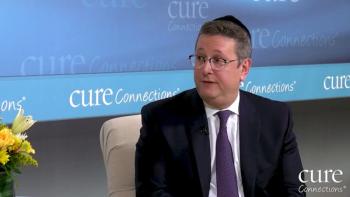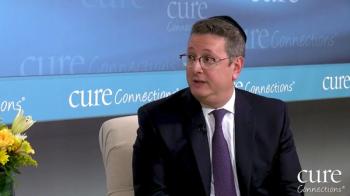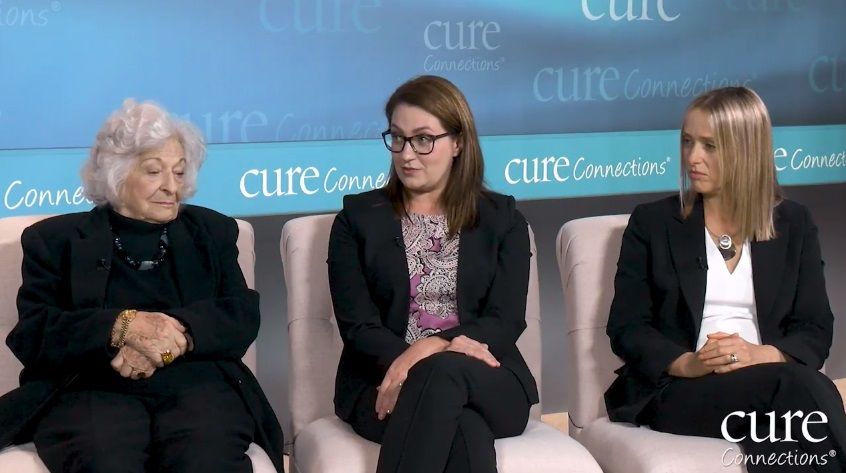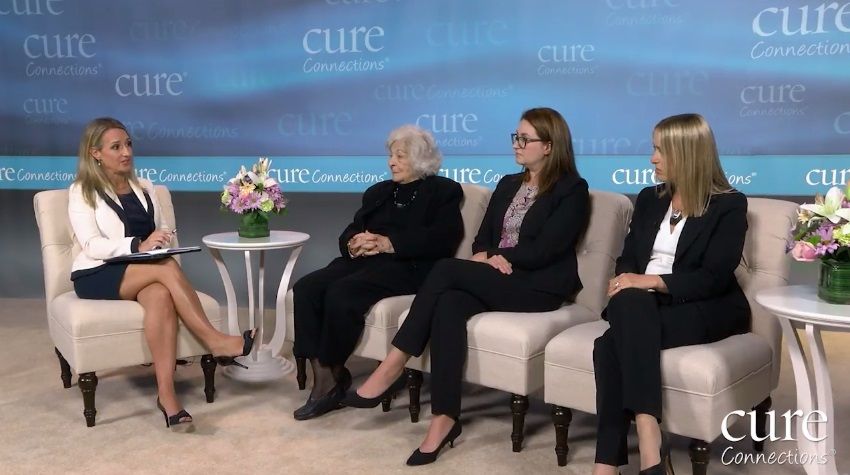
Prostate Cancer
Latest News














A clinical trial will test whether partial prostate ablation matches radical prostatectomy in effectiveness — with fewer early side effects.

After a drop, the frequency of PSA screening for prostate cancer has stabilized.

Study: To prolong survival in early-stage prostate cancer that is low-risk, observe instead of operating.

A targeted drug for women with ovarian cancer may also benefit men with prostate cancer who have similar genetic mutations. A phase 3 trial is designed to find out.

Jevtana (cabazitaxel) was granted approval by the Food and Drug Administration (FDA) for the treatment of men with metastatic castration-resistant prostate cancer who previously received a docetaxel-containing regimen.

Scientists are looking for more and better ways to identify the prostate cancers that are most likely to become aggressive.

Stroke survivors were diagnosed with cancer at almost double the rate of incidence in the general population, one study showed.

Hall of Fame quarterback Jim Kelly met with CURE to talk about his cancer experience.

For years, people believed that there was a link between vasectomies and prostate cancer.

When it comes to active surveillance and prostate-specific antigen (PSA) screening for localized prostate cancer, the paradigm has been shifting and the debate over which is correct has been raging on in recent years, says Andrew Stephenson, M.D.

This morning, Senate Republican leaders released the draft of a bill to repeal and replace the Affordable Care Act (Obamacare).

Inhibiting the ABCB1 gene with antiandrogen therapy – such as Xtandi (enzalutamide) and Casodex (bicalutamide) – may be the answer to increasing efficiency of tanxane-based therapies.





